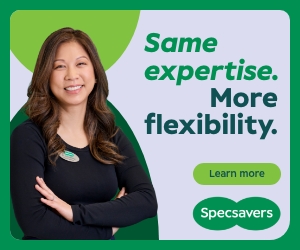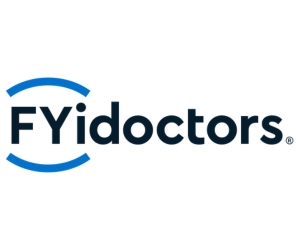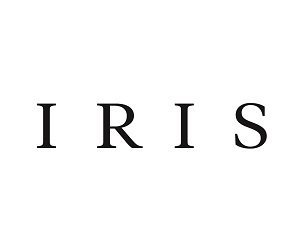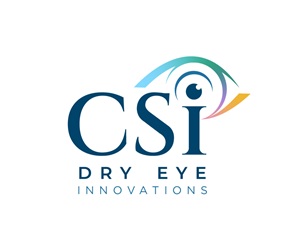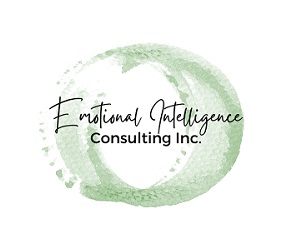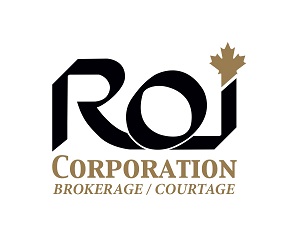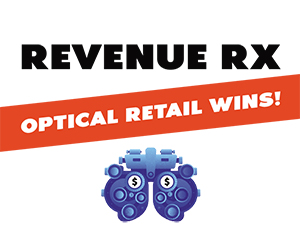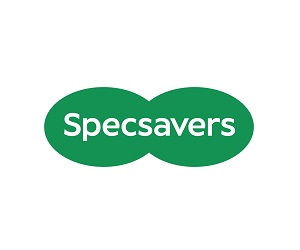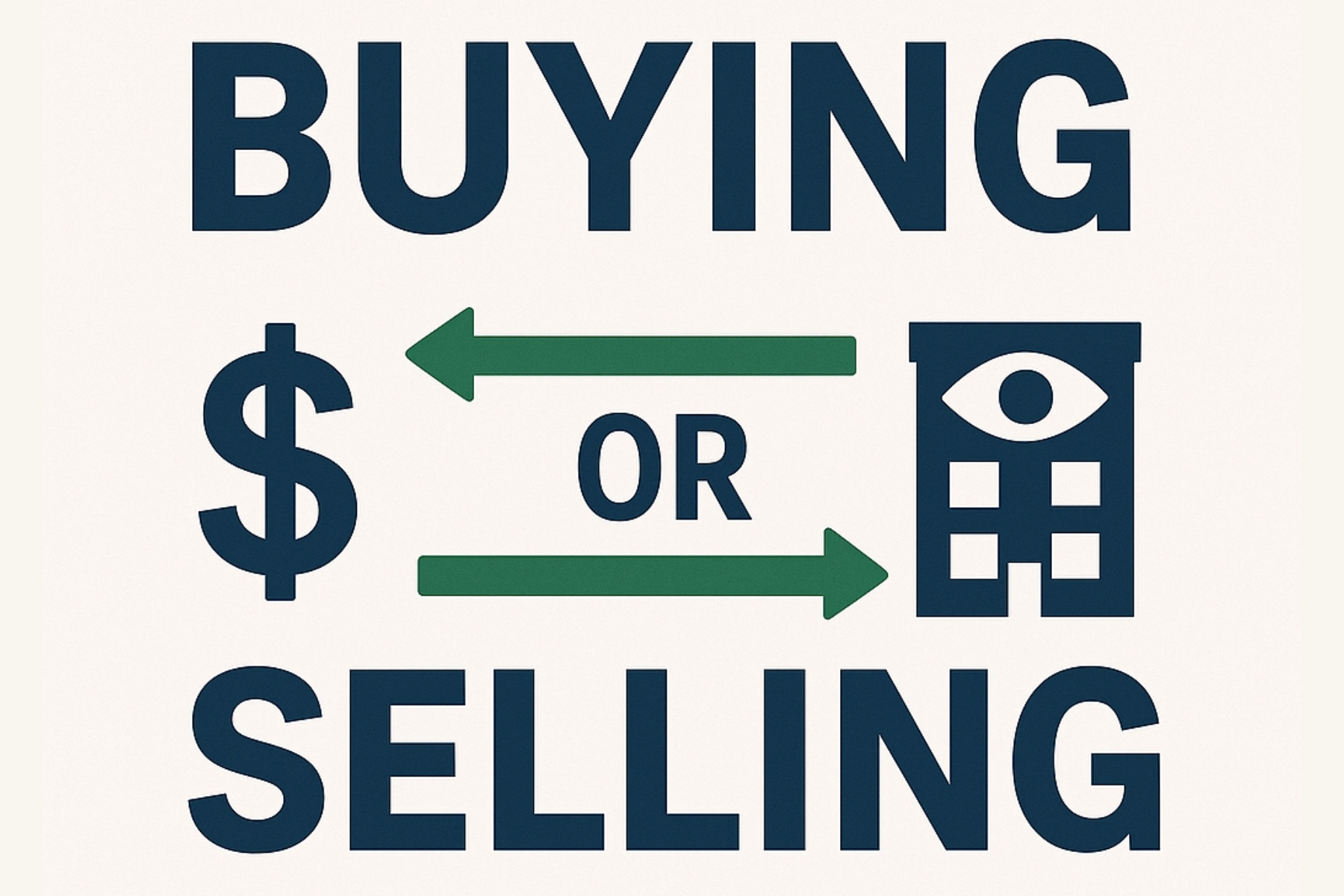
What business owners and purchasers really want to know is, “What do I need to know?” I’ve always believed in the adage, “You don’t know what you don’t know.” A life decision this big requires you to consider things you may not have thought about before.
Sellers
Top of mind questions that should be discussed include:
- Am I getting enough for what I have built?
In my experience, sellers often overestimate or underestimate value based on emotion rather than market reality.
There’s no doubt the value of your business matters. But like in real estate, the value is ultimately what someone else is willing to pay. We can apply all sorts of formulas and valuation methods, but unless a buyer supports that number, it doesn’t matter much.
Realize that price is only one part of the equation. Do you have a desire to leave your practice independent? Would you prefer that your associates carry on your legacy?
Have you considered the impact of taxation? Qualifying for the Lifetime Capital Gains Exemption can save you up to $312,000. Structuring a sale correctly can have a significant impact on your take home profit.
Are there any holdbacks on the offer? Clauses that you are concerned about?
- How will this decision affect my family?
When I sold my practice, I underestimated how much the change would affect my family.
While many people sell when they’re ready to retire, I’m increasingly hearing from owners who want to exit earlier to gain more time flexibility. Understanding how your household income will change—and ensuring all decision-makers in your home are on board—is essential.
- How will this decision affect my financial picture and future cash flow?
You’ve spent your life saving. Saving for the next business investment. Saving for your next car. Saving for your future.
Many small business owners have poured the majority of their free cash flow into their businesses with the understanding that selling the business would eventually provide the income they’ll need in retirement. I found that mapping out my post-sale cash flow gave me clarity on what the sale price could realistically support – and helped me avoid inflation surprises.
Having a clear understanding of all your assets and how they will create your future cash flow is critical to developing a comfort around your decision to sell and the post-tax price you actually need to meet your desired next chapter spending.
- Am I able to shift gears mentally?
First off, you are still a doctor. Despite the fact that selling your practice doesn’t negate your education, it will still be an adjustment.
With any life transition, it’s best to have something that you are looking forward to. Start with a celebration and have an idea of how you will fill your time. You still have great value and wisdom – and now you have time to enjoy and contribute to your community in a different way.
Buyers
There is so much excitement (and anxiety) around buying a practice. It’s a big purchase and the decision shouldn’t be taken lightly. Ensure you have considered the following:
- What is a reasonable price for the practice I’m looking to purchase?
There are many aspects of a practice that should be considered prior to purchase including how clean the financial statements are and what leases or operating loans you may be taking over.
Will there be an instant reduction in revenue with the departure of the previous owner? How do you envision managing this?
Who is your landlord and what terms are built into the lease? If the lease is set to expire soon, will you be forced to find a new space and incur significant leasehold improvement expenses? Are you expected to purchase the building with the business?
- How am I going to finance the purchase?
There are numerous financing options available, from vendor buy back to full lender financing. What terms are being offered? How flexible is the lender on amortization periods?
Are you able to purchase the commercial property without the standard 20% downpayment?
On top of the initial purchase cost, you will also want to consider how you will create the free cash flow needed to make your payments on time. Do you know where you have the most control over your bottom line? Are there areas of the practice where you can create instant added value?
- What impact will this purchase have on my lifestyle?
Despite the reality that most optometrists can live on less income than they are currently earning, it’s rare that someone is actually willing to reduce their lifestyle.
Ensure you have crunched the numbers to review the cushion you have after you make your financing payments. A purchase can quickly become a stress point if you’re unable to meet your debt obligations. Planning ahead gives you the confidence to move forward without sacrificing your lifestyle.
And let’s not get started on the vast number of considerations to explore if you are creating or joining a multi-owner practice!
Conclusion
There are so many questions and options to explore, many times under a clock that seems to be ticking too fast. Delaying a transaction a few weeks or months won’t likely make a big difference in your life, but taking the time to review both the financial and emotional implications ahead of time can save you hours of anxiety and stress.
Have questions? Not sure what questions you should be asking? I’ve been through this journey and know how overwhelming it can feel. Let’s talk. You can reach me at roxanne@c3wealthadvisors.ca or 780-261-3098 to book a conversation.
Roxanne Arnal is a Certified Financial Planner®, Chartered Life Underwriter®, Certified Health Insurance Specialist, former Optometrist, Professional Corporation President, and practice owner. She is dedicated to empowering individuals and their wealth by helping them make smart financial decisions that bring more joy to their lives.
This article is for information purposes only and is not a replacement for personalized financial planning. Errors and Omissions exempt.
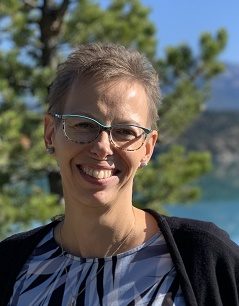
ROXANNE ARNAL,
Optometrist and Certified Financial Planner
Roxanne Arnal graduated from UW School of Optometry in 1995 and is a past-president of the Alberta Association of Optometrists (AAO) and the Canadian Association of Optometry Students (CAOS). She subsequently built a thriving optometric practice in rural Alberta.
Roxanne took the decision in 2012 to leave optometry and become a financial planning professional. She now focuses on providing services to Optometrists with a plan to parlay her unique expertise to help optometric practices and their families across the country meet their goals through astute financial planning and decision making.










